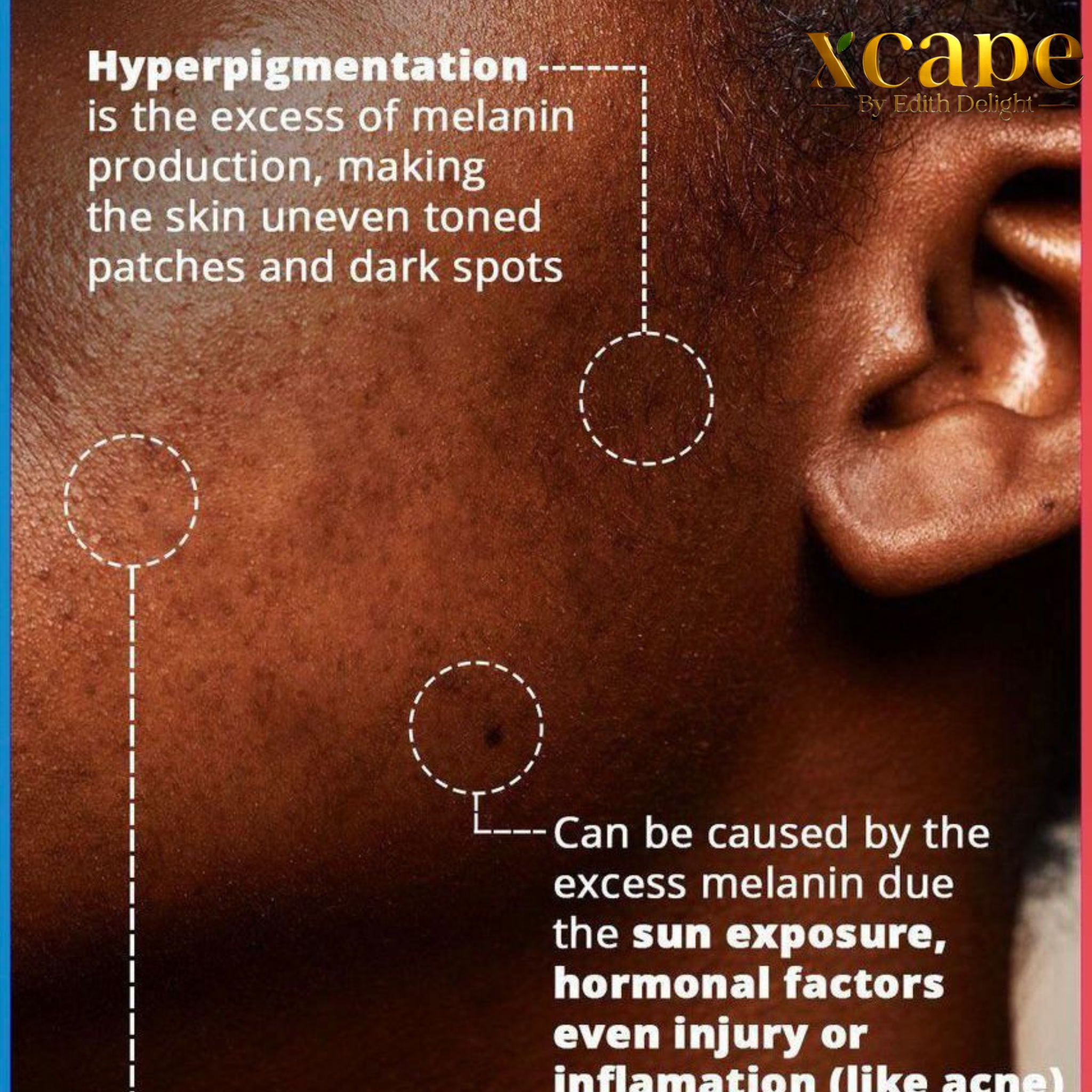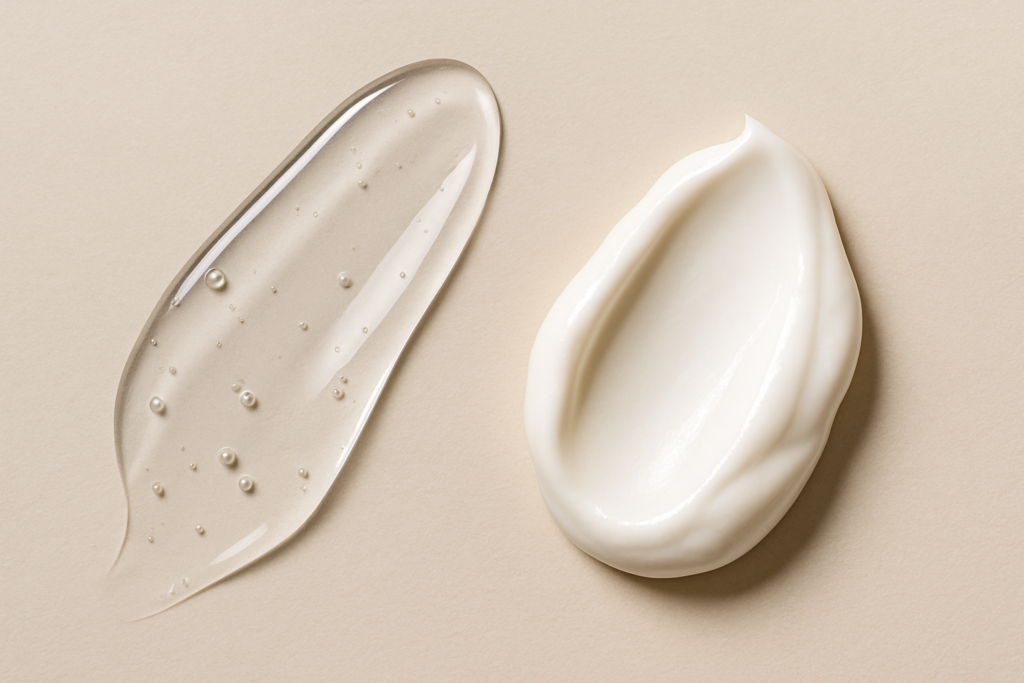Xeljanz (Tofacitinib):
Tofacitinib is a Janus kinase (JAK) inhibitor developed for the treatment of rheumatoid arthritis. It has also been approved for psoriatic arthritis and ulcerative colitis. Tofacitinib works by inhibiting JAK enzymes, which are involved in the signaling pathways that lead to the production of inflammatory cytokines. By blocking these pathways, Tofacitinib reduces inflammation and immune responses.
- Role in HS: Tofacitinib is being explored as an off-label treatment for HS due to its potent anti-inflammatory properties and its ability to inhibit cytokine signaling.
- Key Studies: A case report by Wagle et al. in 2018 described a 28-year-old woman with severe HS who achieved significant improvement after six months of treatment with Tofacitinib. The patient reported a decrease in the number of abscesses and a reduction in pain. Additionally, a small retrospective study by Jfri et al. in 2021 included 10 HS patients treated with Tofacitinib. The study found that 70% of the patients achieved at least partial remission, with a significant reduction in inflammatory lesions.
- Conclusion: Tofacitinib shows promise as a treatment for HS, particularly in cases where TNF inhibitors are not effective. Its success rate of 70% in small studies suggests that it may be a valuable option for patients with refractory HS. However, further research is needed to confirm its long-term efficacy and safety.
The field of biologics for Hidradenitis Suppurativa treatment continues to evolve, with new and emerging therapies offering hope to patients who have struggled with conventional treatments. Bimekizumab, Guselkumab, Brodalumab, and other biologics show varying degrees of success in managing HS symptoms, and ongoing research will help to better define their roles in treatment. As these therapies undergo further testing and approval processes, they may become essential components of a comprehensive HS treatment strategy. For now, patients and healthcare providers should remain informed about these options and consider them when conventional therapies prove insufficient.







